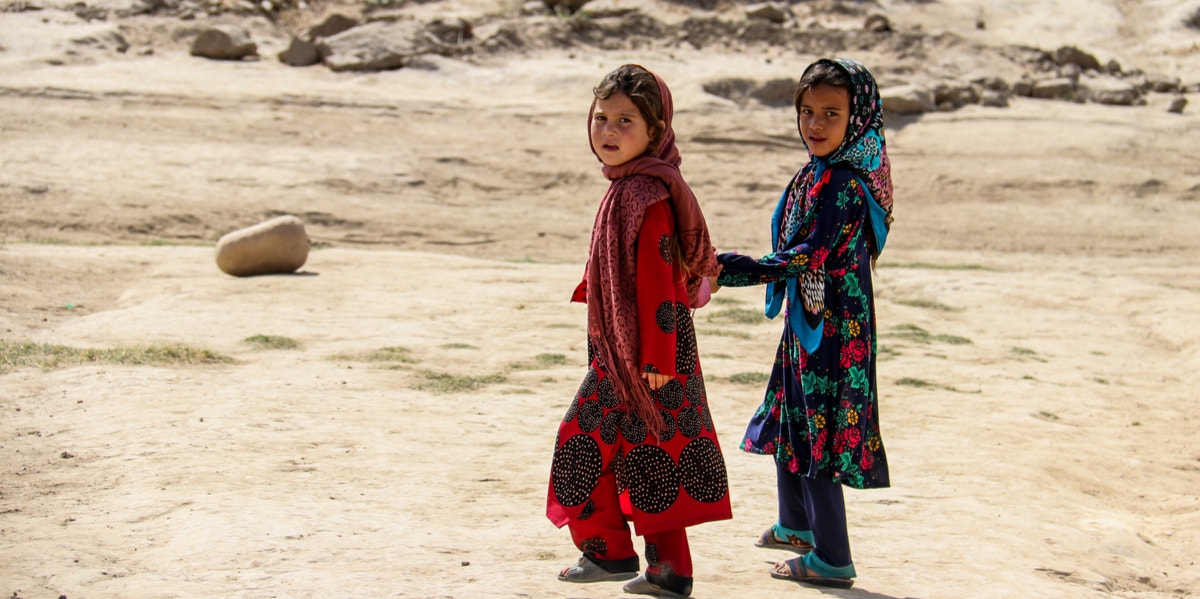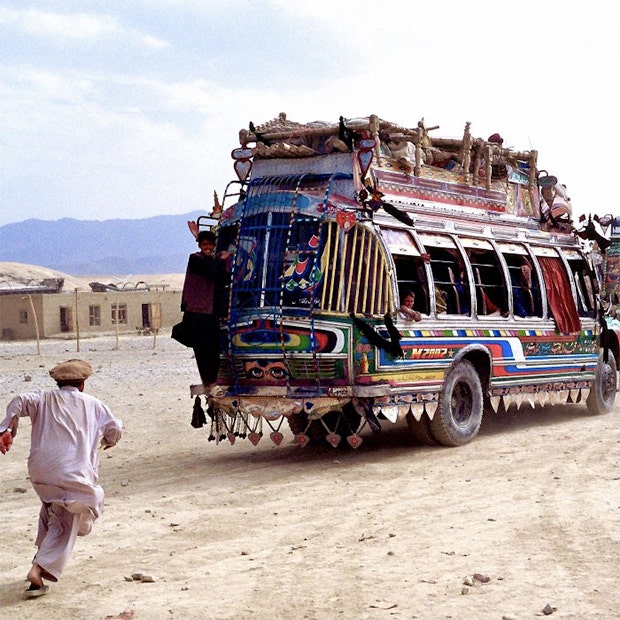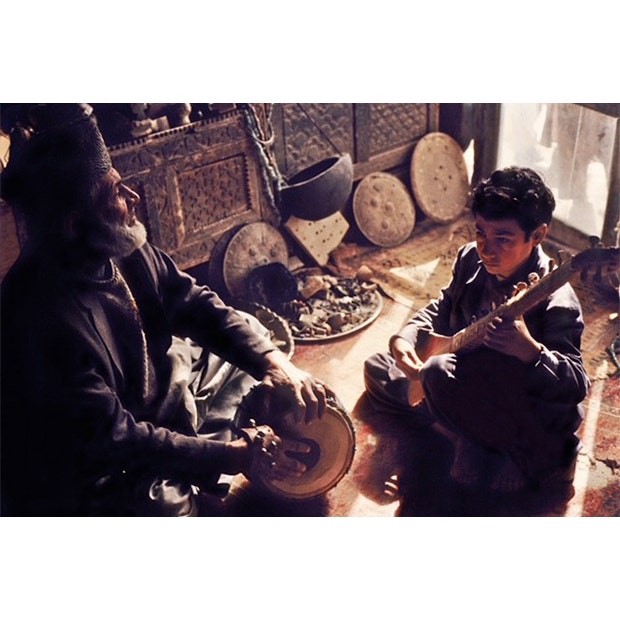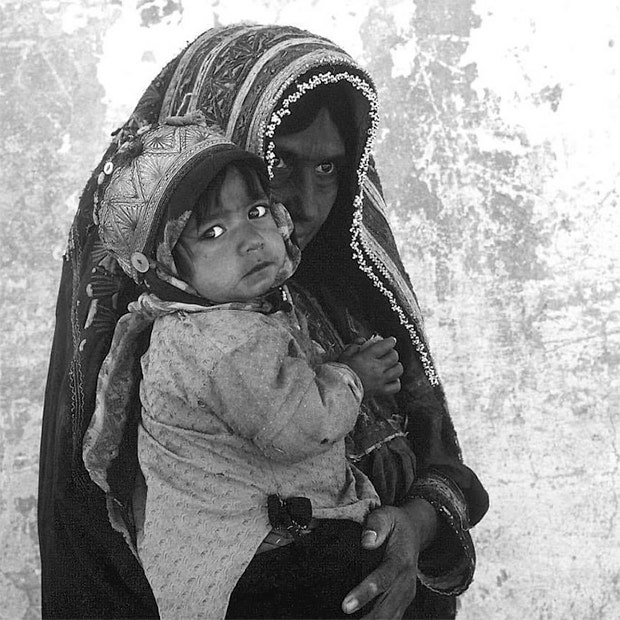Coming Home To Too Much
When I first left Afghanistan, it was the Mayo that did me in.
 Trent Inness / Shutterstock
Trent Inness / Shutterstock The first time I came home from Afghanistan, I had been warned that going to the grocery store might be overwhelming.
It was the Mayo that did me in.
I stood there in the fluorescent lights, staring at an entire shelf of clean, neatly organized mayonnaise choices. Frozen with indecision. Consternating over the vegan or maybe the avocado — or should I go with the classic Hellman’s? Swept away as if it actually mattered.
And I just didn’t understand, why do we need so much?
This week, as the Taliban took control of the Government in Kabul — I drove to the grocery store with my five-year-old. And I started to cry.
My daughter asked me, “What’s wrong?”
I said, “There’s a really bad war in a place I love.”
“Who won?” she asked.
“No one. No one wins in war. People only win in peace.” I said, choking back my tears.
When little girls swarmed our cars as we drove to work and they walked to school — it was like being caught in a flood of joy. Like a river of hope — wearing white scarfs and baseball caps.

Photo courtesy of Peter Bussian
RELATED: We Aren’t Ending 20 Years Of War
President Biden said many Afghans didn’t want to leave. And of course, for many, that was true. No one wants to leave their home. No one wants to be a refugee.
But for my friend Khalid — we know that isn’t true. He waited for over two years — researching resettlement options in Atlanta, Dallas, or all of California. Until President Trump’s administration found a way to deny his Special Immigration Visa (SIV). The visa that was supposed to ensure his safe passage out of Afghanistan — in exchange for having helped the US government.
They said they had reason to suspect he was a terrorist. Because of a translation error on the birth date of one of his six sons — a translation error, from their Islamic calendar to our Gregorian calendar.
Khalid said he was, “Left hopeless.”
Naser said the ants were so big and strong because they are Afghan ants. And in his laugh, I felt jealous of his confidence and that he meant it.
Fatima said, “We do things and call them culture — but beating a woman, and forcing her to stay in an abusive marriage is not culture. It is wrong.” And I wanted to bottle the fierce truth in her tears and use it to vaccinate the world from the spiritual sickness of oppression.

Photo courtesy of Peter Bussian
I’m writing this wearing the ring Achmed gave me. The one he pulled out of a tissue he had stuffed in his chest pocket. He was so sweaty it looked like he had walked from Nuristan.
I can’t escape the beauty of Afghanistan. And I don’t want to. It covers my floors, hangs on my walls, and holds my pillows. I can sit here and submit your paperwork, again. But beyond that I’m helpless.
I can only listen as you tell me how your frightening childhood has returned. That the Taliban destroyed your childhood and made it a nightmare — and now the same darkness, fear, and hopelessness has returned.
I will never know what it was like to make your way to the airport. And how it must feel to have left your family behind, against your will.

Photo courtesy of Peter Bussian
I can only listen.
And I won’t look away.
I can feel my heart breaking and I don’t want to fix it.
I want to live broken — wide open.
I don’t want more mayonnaise, or money or cars or houses or any of it. I don’t want to be distracted. I see with new eyes that I have more than enough.
So I stand paralyzed in the presence of mayonnaise. Crying in front of my daughter, unable to explain it.
And not all of us have enough. But for those of us that do… I wonder, what could be possible — if we stopped chasing more? If we all had new eyes, to see that what we have is enough?
RELATED: Helping A Friend Escape The Taliban Was The Hardest Thing I've Ever Done
Meghann McNiff is a professional coach and co-founder of the Seattle Coaching Collective. Connect with her here.

